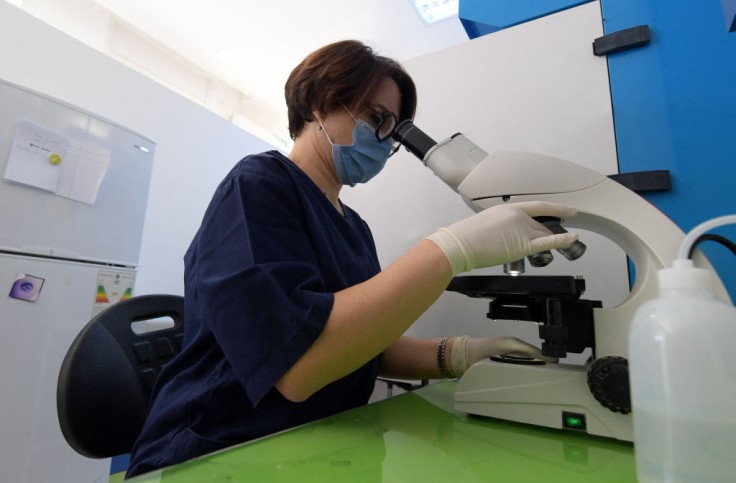
For Chinese women seeking to take control of their reproductive futures, Hong Kong has emerged as the prime destination.
Known for its world-class healthcare facilities and cutting-edge medical technologies, Hong Kong has seen a significant rise in inquiries from mainland Chinese women interested in egg freezing.
Legal Limitations and the Quest for Reproductive Rights
While Hong Kong offers state-of-the-art services in egg freezing, it also comes with a web of legal restrictions that affect Chinese women.
A key issue is that Hong Kong law allows the thawing and fertilization of frozen eggs only in the context of a heterosexual marriage. This severely limits the reproductive rights of single women or those in non-traditional relationships.
Consequently, many of these women find themselves exploring other jurisdictions, such as the United States, for more flexible options.
According to Dr. Ng Hung Yu, a clinical professor at the Department of Obstetrics and Gynecology at the University of Hong Kong, some of these Chinese women are in administrative roles and may plan for children a few years down the line, while others have yet to find their life partners.
Gu Yang, a third-party coordinator at the Los Angeles Reproductive Center, has noted an increase in consultations from younger Chinese women, stating that the age of women interested in egg freezing seems to be increasing and that the ages of most patients that are coming in are getting younger.
The Financial Commitment to Pursuing Reproductive Rights
For Chinese women, safeguarding their reproductive rights in Hong Kong comes with a hefty price tag. In addition to the challenges of securing a Hong Kong visa, the cost of egg-freezing procedures can be astronomical.
Clinics in Hong Kong typically charge around 100,000 Hong Kong dollars ($12,800) for the procedure and an additional annual storage fee of about 10,000 dollars ($1,280). This is multiple times more expensive than what these services would cost in mainland China.
Despite these financial obstacles, many Chinese women are willing to make the investment. The rise in Chinese women traveling to Hong Kong for egg-freezing services sheds light on a broader societal shift toward recognizing and fighting for reproductive rights.
This complex interplay between healthcare, legal constraints, and the burgeoning demand from Chinese women for greater control over their fertility options highlights the extent to which they are willing to go to secure their reproductive rights.
Chinese Government Pushes for More Affordable Preschools Amid Low Fertility Rates
As Chinese women continue to seek egg-freezing options in Hong Kong to secure their reproductive rights, Chinese lawmakers are taking steps to address the country's dwindling population.
A draft Preschool Education Law was introduced this week to make preschools more accessible and affordable, according to state-run media. The proposed law aims to regulate profit margins for preschool providers, ensuring that education becomes more affordable and thus potentially boosting the country's historically low fertility rates.
"Access to quality preschools has been unbalanced and insufficient, making it difficult for many families due to high costs and quality concerns," said Minister of Education Huai Jinpeng.
The draft legislation also stipulates that children should not be subjected to any form of academic testing for preschool admission, apart from necessary physical examinations.
Instead, the focus will be on play-based learning, explicitly prohibiting the teaching of primary school materials during the preschool years.
The urgency of these measures comes as China's fertility rate has plummeted to an estimated 1.09 in 2022, among the world's lowest rates, paralleling numbers in South Korea, Taiwan, Hong Kong, and Singapore.
As Chinese women increasingly prioritize their careers and reproductive rights, balancing these with family planning remains a complex issue that the government is now taking steps to address.